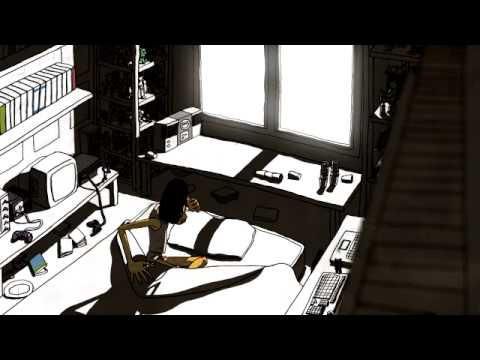|
Sponsored by |
|---|
|
|
|
-
Need help navigating the forum? Find out how to use our features here.
-
Did you know we have lots of smilies for you to use?
You are using an out of date browser. It may not display this or other websites correctly.
You should upgrade or use an alternative browser.
You should upgrade or use an alternative browser.
Lunacy I didn't know that!
- Thread starter CarolKing
- Start date
Planck
Well-Known Member
Manicouagan Crater | Quebec, Canada 51°23′N 68°42′W
What is today a stunning swimming and nature spot was created around 214 million years ago by the impact of a 3-mile-wide (5 km) meteorite resulting in a 60-mile-wide (100 km) multiple-ring crater.
The inner island called René-Levasseur Island, is actually the central peak of the crater, formed by post-impact uplift. Mount Babel is 1,936 feet (590 m) above the reservoir.
Scientists David Rowley of the University of Chicago, John Spray of the University of New Brunswick and Simon Kelley of the Open University have posited that Manicouagan is part of a multiple impact event that also formed the Rochechouart crater in France, Saint Martin crater in Manitoba, Obolon crater in Ukraine, and Red Wing crater in North Dakota.
The five craters appear to form a chain, which indicates the breakup and subsequent impact of an asteroid or comet. This is similar to the string of impacts made on Jupiter by Comet Shoemaker–Levy 9 in 1994.
Marlon Rando
Well-Known Member
Marlon Rando
Well-Known Member
bulllee
Well-Known Member
We had gun safety classes in 8th grade Boy Scouts. And we would strap our .22s to our bikes and go plinking
CarolKing
Always in search of the perfect vaporizer
A knocker-up's job was to rouse sleeping people so they could get to work on time. By the 1940s and 1950s, this profession had died out, although it still continued in some pockets of industrial England until the early 1970s.

No alarm clocks so they did this??
No alarm clocks so they did this??
bulllee
Well-Known Member
Hikikomori trend now in the United States, among young men
Story by Jasmime Kaur • Yesterday 12:00 PM
Hikikomori© Provided by The Independent News
It appears that Hikikomori has hit the United States shores as well. The Japanese term is used to denote someone who has withdrawn from society.
According to British podcaster Chris Williamson who is based in Austin, Texas, in a discussion with political economist Nicholas Eberstadt, seven million people of prime working age are currently without employment and not seeking jobs. These men also spend too much time indoors and are not sociable at all.
Eberstadt said that these men play video games, watch pornography and tend to engage in heavy drug use, he said in a New York Post report.
The Hikikomori Trend
According to a Kyushu University survey in Japan low testosterone levels is one of the common metabolic signatures of Hikikomori in young social recluses – which is important to note because testosterone levels are plummeting among young American men.In another report in Intelligencer, researcher Alan Teo says that Hikikomori is becoming prevalent in the United States. The American version of people who are not studying, working or training and have simply withdrawn from the world choosing to live in isolation.
“We have a large number of people [in the United States] in their early 20s living the basement bedroom. Often times it is younger men. Struggling with work. Struggling with launching. There is some element of still being stuck in an earlier developmental stage, like that of an adolescent, even though their physical age is that of an adult,” said Teo.
Interestingly there is some evidence to show that video games account for somewhere between 23 and 46 percent of the decrease in young men’s participation in the labour force. In general people who suffer from Hikikomori are extremely detached from everyday life. Social interaction is a burden be it at school or work. Though they may be able to manage simple day to day activities like a grocery run or they will rarely want to socialise or do anything more than that.
A Sociable weaver's giant nest in Namibia, probably the most spectacular structure built by any bird.
The Sociable weaver (Philetairus socius) is a species of bird in the weaver family found across South Africa, Namibia and Botswana. This species construct large compound community nests that resemble huts, complete with a sloping thatched-grass roof that sheds rain. These nests are the world’s largest and most populated tree houses, with some weighing up to a ton or more and measuring up to 20 feet wide and 10 feet tall.
Built around large and sturdy structures like acacia trees or sometimes even telephone poles, the nests provide shelter from direct sunshine, rain, drought, and cold. They are large enough to house over a hundred pairs of birds, consisting of several generations at a time. Each breeding pairs tends to its own compartment with its private entrance and line the interior with soft downy plant material. These entrances are packed closely together and when seen from below, the communal nest has a honeycomb appearance. These birds are constantly making home improvements, adding new nesting chambers, and some nests have remained occupied for over a century!
|
Sponsored by |
|---|
|
|
|